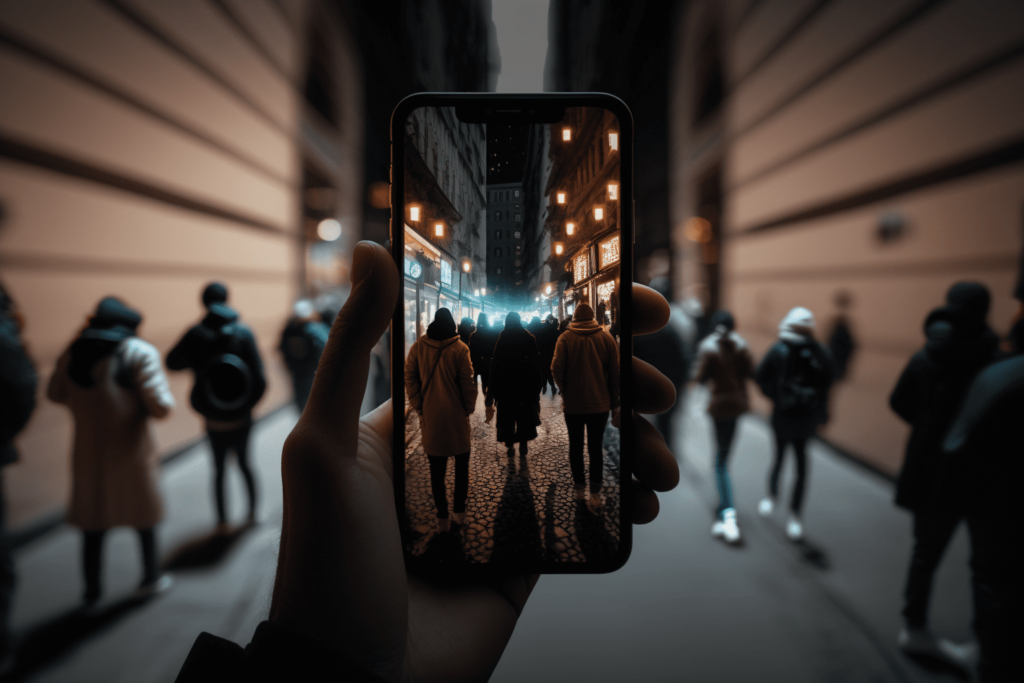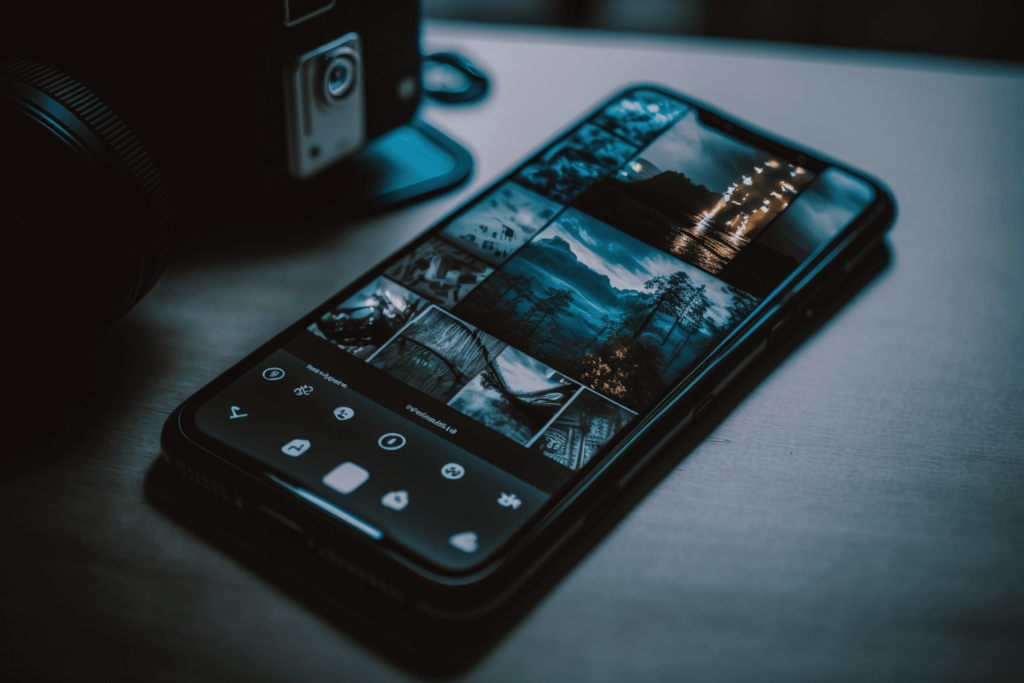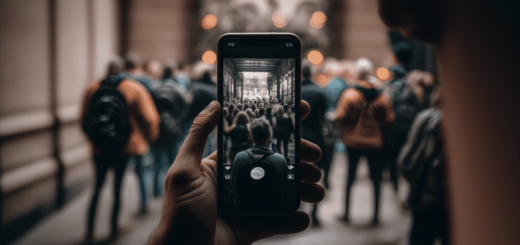Mobile Applications and Socio-Psychological Experiments: Unveiling the Human Mind

With the rapid digitalization of our society, mobile applications have become intertwined in our daily lives, affecting how we communicate, work, play, learn and even how we perceive ourselves and others. The integration of mobile apps into the field of socio-psychological experiments has enabled researchers to gain unprecedented access to human behaviors and cognition. This paper examines the interplay between mobile applications and socio-psychological experiments, as well as the insights they provide into the human mind.
Mobile Applications as Tools for Socio-Psychological Experiments
Socio-psychological experiments provide essential insights into human behavior and mental processes. These experiments investigate how individual behavior, thoughts, and feelings are influenced by the social and physical environment. With the advent of technology, these studies have found a new tool: mobile applications.
There are several advantages to using mobile apps in socio-psychological experiments:
- Scale: Mobile apps can reach a broader demographic than traditional methods.
- Accessibility: They enable researchers to engage with participants regardless of geographical location.
- Real-time data collection: Mobile apps can provide immediate data on participants’ behavior, offering a more accurate representation of their actions and thoughts.

Unveiling the Human Mind through Mobile Applications
Numerous socio-psychological experiments have leveraged mobile apps to delve into the human mind. For example, an app called TrackYourHappiness gathers data on individuals’ emotions and their circumstances, providing insights into what factors influence happiness. Another app, Mappiness, maps happiness by asking users to record their feelings at random times during the day.
These experiments have yielded significant findings and insights. For instance, data from TrackYourHappiness suggested that individuals are happiest when they are focused on the present moment. Meanwhile, Mappiness found that people generally feel happier in natural environments, reinforcing the link between nature and mental well-being.
Ethical Considerations and Future Implications
According to the American Psychological Association (APA), the use of mobile apps in research raises important ethical considerations. Researchers must address privacy concerns and obtain informed consent from participants to ensure that data collection and usage are conducted in an ethical manner. It is crucial to prioritize the protection of participants’ rights and confidentiality when conducting mobile app-based experiments.
Looking ahead, we could see more sophisticated applications with machine learning capabilities, enhancing our ability to conduct nuanced socio-psychological experiments. Mobile applications could also pave the way for a new era of personalized psychology, allowing us to understand individual differences at a more granular level.
Conclusion
Mobile applications have revolutionized socio-psychological experiments, offering a practical, efficient, and scalable tool to examine human behavior and cognition. These experiments, in turn, have provided profound insights into the human mind, shedding light on how our thoughts and emotions are shaped by our environment. Moving forward, with careful consideration of ethical issues, we can anticipate a future in which mobile applications play an increasingly central role in unveiling the mysteries of the human mind. Finally, we advise you to read our other article, where we revealed the capabilities of mobile applications.
FAQ
Mobile applications provide several benefits in socio-psychological experiments, such as the ability to reach a broader demographic, accessibility regardless of geographical location, and real-time data collection, which offers a more accurate representation of participants’ actions and thoughts.
Yes, there are numerous socio-psychological experiments that have utilized mobile apps. For instance, TrackYourHappiness collects data on individuals’ emotions and their circumstances, providing insights into what influences happiness. Another app, Mappiness, maps happiness by asking users to record their feelings at random times during the day.
Mobile app-based experiments raise several ethical concerns. The most prominent of these are issues of privacy and informed consent. Researchers must ensure that data is collected and used ethically, and participants should be fully aware of the extent and purpose of data collection.

